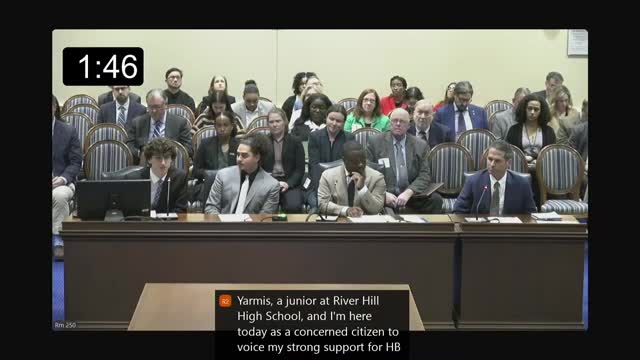Article not found
This article is no longer available. But don't worry—we've gathered other articles that discuss the same topic.
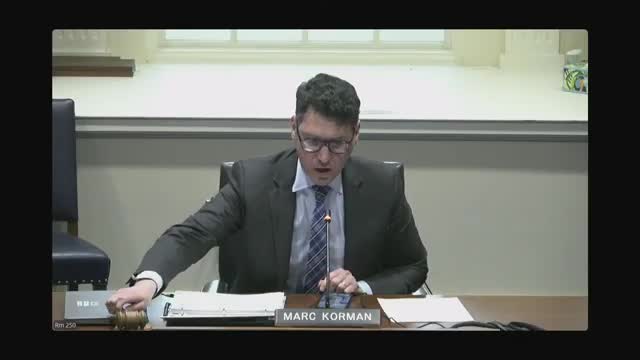
House panel hears bill to fund advanced cancer screening for firefighters
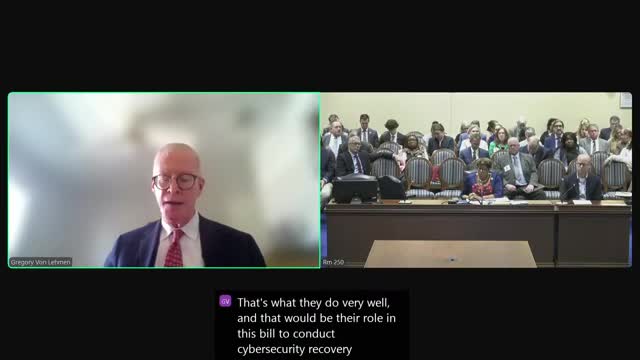
Maryland hearing splits on proposed ban on chemical 'advanced' recycling of plastics
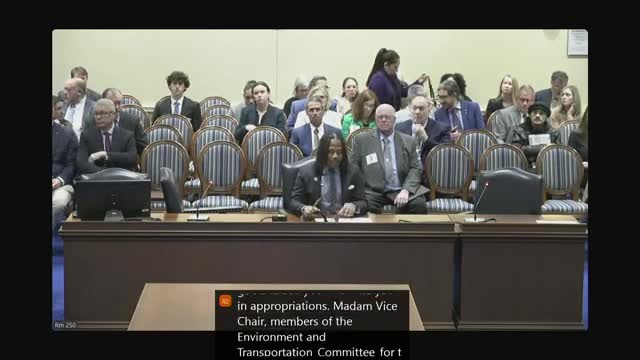
Legislators debate statewide push for electric-ready building rules and fossil-fuel limits
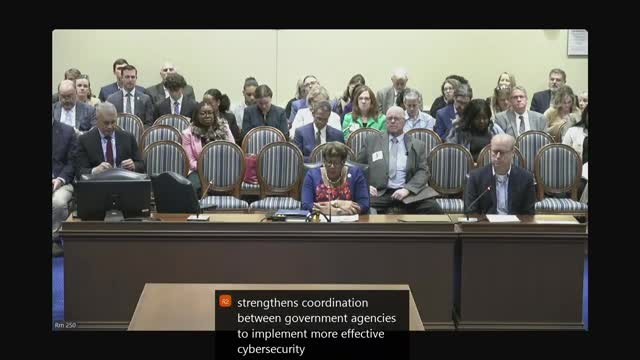
Committee weighs bill to strengthen cybersecurity oversight for Maryland water systems
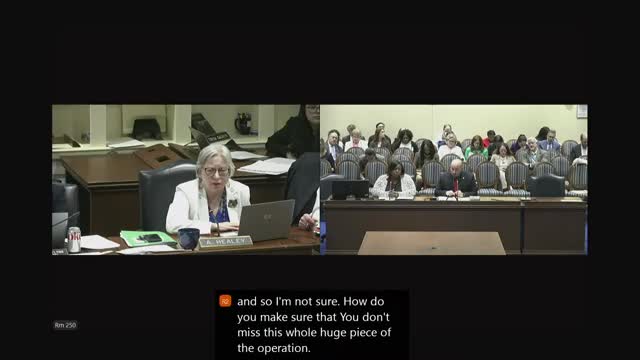
Bill would expand electronics recycling and fund safety upgrades after spike in battery-related fires at collection sites
